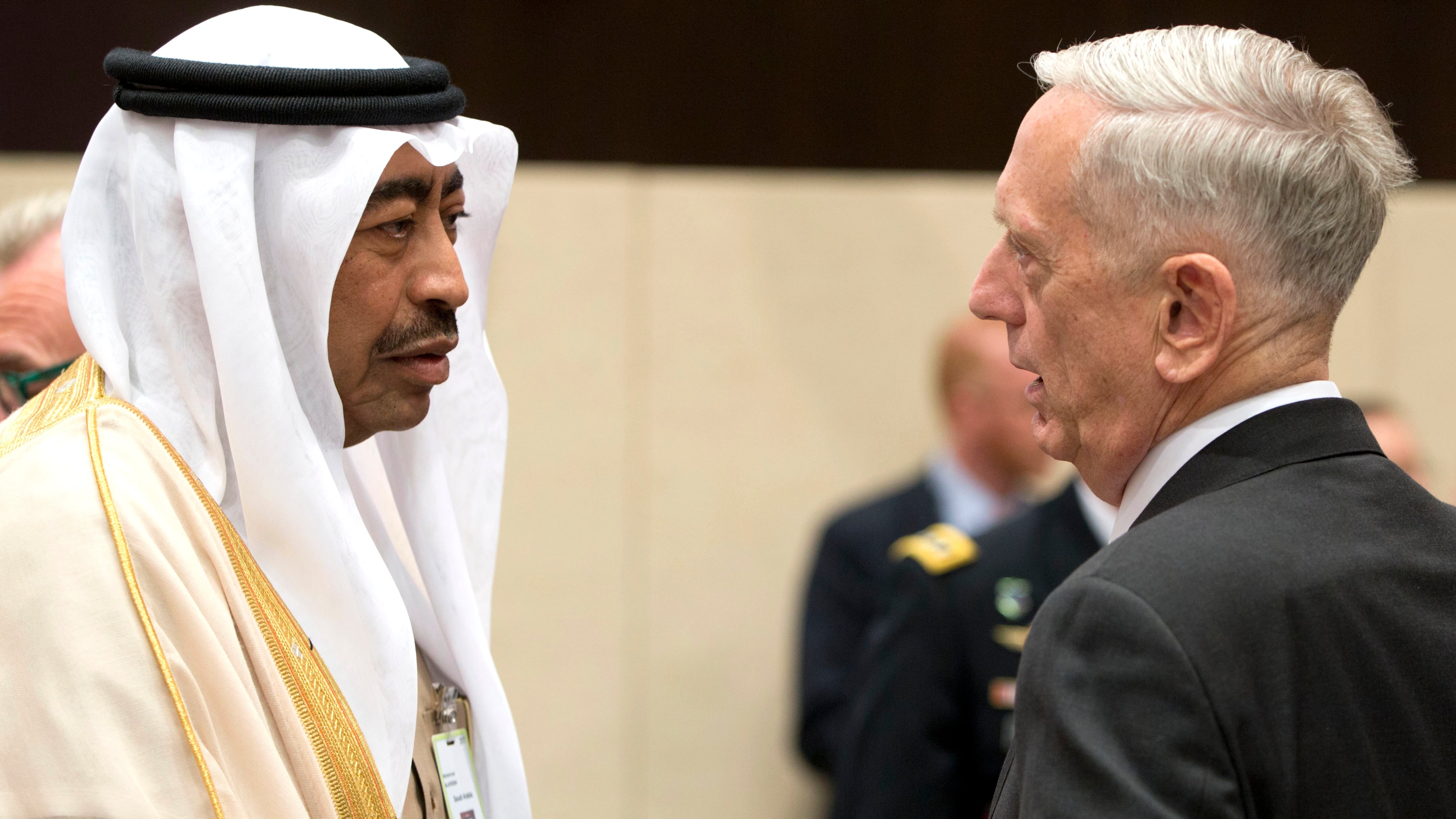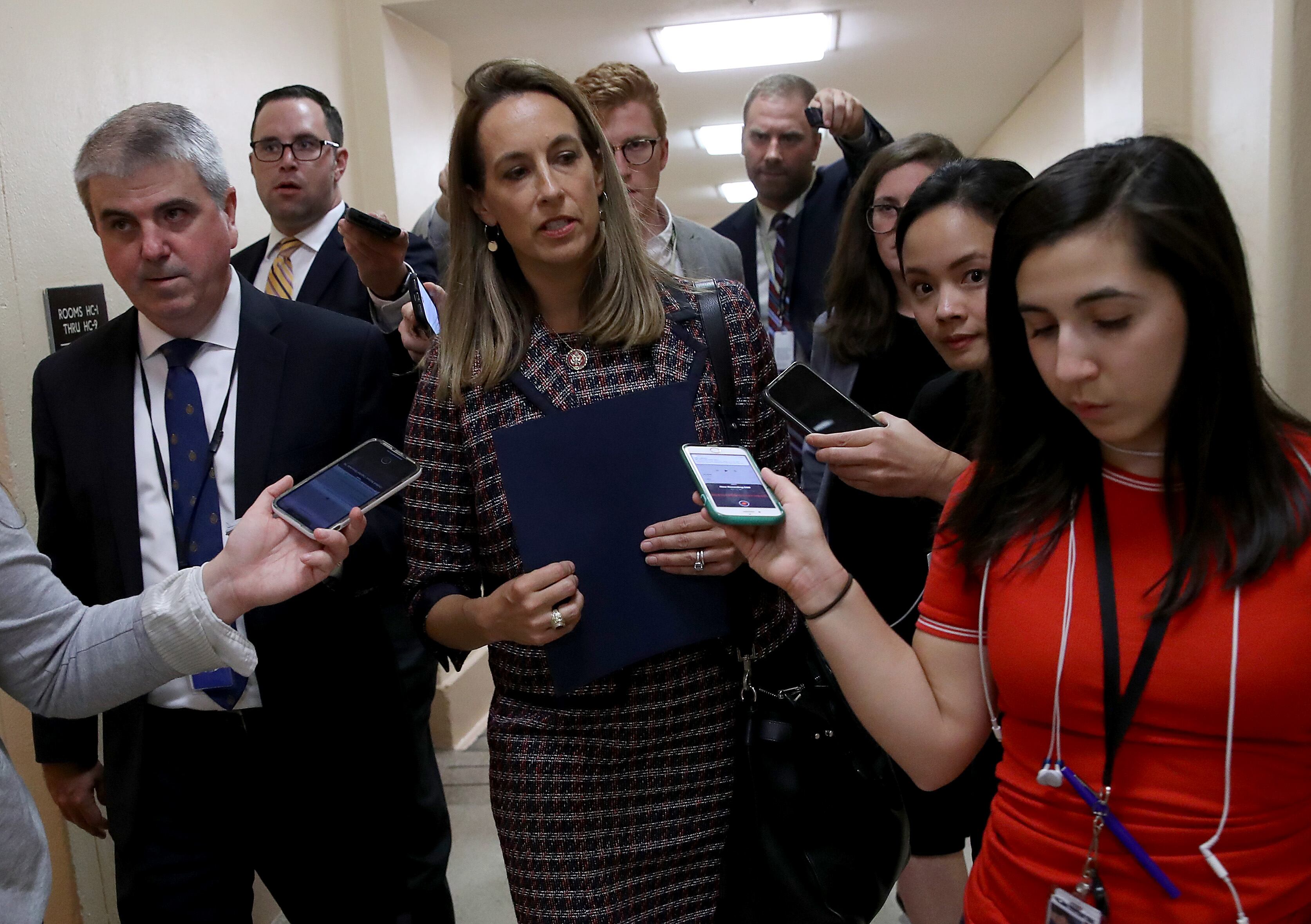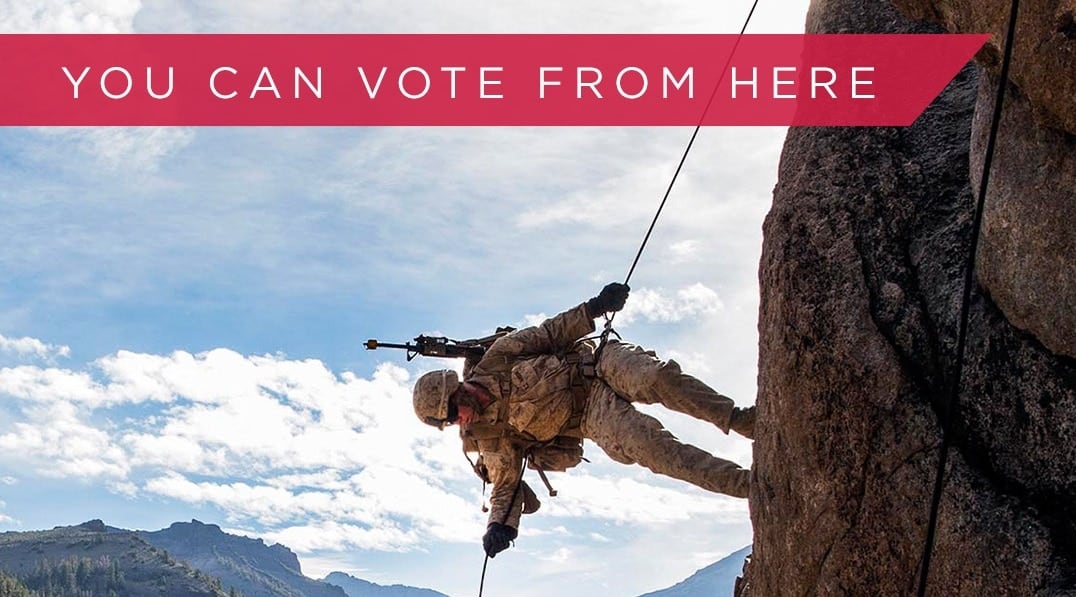WASHINGTON — For four years, the Pentagon failed to charge partner nations for use of American rotary-wing aircraft in Afghanistan, and the department has no way of knowing how many millions of dollars has been lost, according to a new report from the department’s inspector general.
During that time period, American and coalition costs for rotary-wing transportation hit $773 million. How much of that should be reimbursed is effectively impossible to know, according to the auditors.
For the 38 members of the Resolute Support coalition, American air transportation is vital for moving from the central hub in Kabul and Bagram Airfield to four outposts located in Mazar-e-Sharif, Herat, Kandahar and Laghman. But auditors discovered that the Department of Defense “did not request reimbursement for air transportation services provided to Coalition partners” between September 2017 and September 2020, despite a standing requirement to do so.
When it comes to transportation, coalition partners in Afghanistan are divided into two categories. “Lift and Sustain Coalition partners” have their costs covered by the DoD, as those partners would be unable to participate in the Resolute Support mission without the U.S. paying those expenses. There are 21 members in this category.
The “Pay-to-Play” category contains 17 members: Australia, Austria, Belgium, Denmark, Finland, Germany, Greece, Iceland, Italy, Luxembourg, the Netherlands, New Zealand, Norway, Portugal, Spain, Sweden and the United Kingdom. They are supposed to reimburse the U.S. for the costs associated with using American transportation capabilities in Afghanistan. (Iceland no longer participates in the mission, but did during the time period studied by auditors.)
RELATED

However, auditors place no blame on the coalition members for the unpaid funds. Instead, they found breakdowns in the two Pentagon offices that are supposed to track the information: U.S. Forces-Afghanistan Multinational Logistics (USFOR-A-MNL) and the logistics division of U.S. Army Central (ARCENT).
“USFOR-A MNL did not obtain flight data, determine rates, or establish an agreement with Coalition partners for air transportation services. In addition, the ARCENT Logistics Directorate did not have internal controls in place to identify if orders were initiated” inside a government system, the auditors found. “We confirmed that ACSA coordinators did not initiate any orders for air transportation services for any of the 17 Pay-to-Play Coalition partners. Furthermore, in September 2020, the ACSA program manager stated that USFOR-A MNL personnel had never billed Coalition partners for air transportation services.”
Put simply, those offices never set up a way to track who was using American assets, where they went and how much those nations should be charged; there was also no system to allow the U.S. to ask for a monetary refund. And because no tracking was done, American taxpayers have no way of knowing how much money partners should have been paying.
“The DoD paid $773 million for air transportation services provided to U.S. personnel, Pay-to-Play Coalition partners, and Lift and Sustain Coalition partners from September 2017 through September 2020,” auditors found. While the 17 Pay-to-Play countries only make up part of that, “because USFOR-A did not receive or track Coalition partner flight usage data, the exact cost of air transportation services provided to Pay-to-Play Coalition partners cannot be determined.”
As a result of the IG’s findings, new procedures are being implemented:
- The IG recommended that USFOR-A-MNL begin gathering flight usage data, determine a per-person unit cost for moving partners around the country and sort out how to bill the partner nations. Army Col. Michael Scarpulla, the chief of staff for the deputy commanding general for operations in Afghanistan, concurred with both recommendations and pledged work would begin quickly, with the first bills submitted in the second quarter of 2021; a quarterly format will follow.
- The IG also recommended that ARCENT “conduct a review of all reimbursable services provided in Afghanistan to Coalition partners and establish internal controls” for tracing such information going forward. Army leadership agreed, with plans for monthly checkups on the information to ensure it is correctly tracked and billed.
Overall, the IG seems satisfied that these issues will be resolved, declaring concerns either closed or closed pending the results of billing efforts.
Aaron Mehta was deputy editor and senior Pentagon correspondent for Defense News, covering policy, strategy and acquisition at the highest levels of the Defense Department and its international partners.










